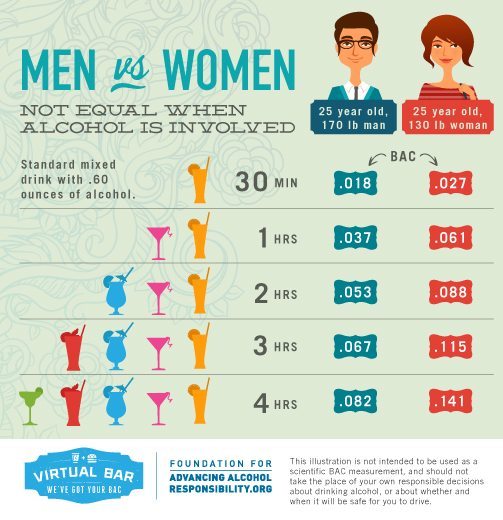Discover the fascinating connection between beer consumption and intoxication levels as we delve into the science behind suds!
Table of Contents
When it comes to consuming alcohol, one of the most common questions that people have is: how many beers does it take to get drunk? This question is not as straightforward as it may seem, as the number of beers it takes to reach a state of intoxication can vary greatly from person to person. In this blog post, we will delve into the science behind alcohol metabolism, individual tolerance levels, and the various factors that can influence intoxication levels.
Alcohol Metabolism
alcohol metabolism is a complex process that occurs in the liver. When we consume alcohol, the body breaks it down into acetaldehyde, a toxic byproduct, and then further metabolizes it into harmless substances. The rate at which the body metabolizes alcohol can vary depending on several factors.
Factors such as age, weight, and gender can play a significant role in how quickly alcohol is metabolized. Generally, younger individuals tend to metabolize alcohol more quickly than older individuals, and those with a higher body weight may be able to process alcohol more efficiently. Additionally, women tend to metabolize alcohol at a slower rate than men, due to differences in body composition and enzyme levels.
One crucial concept to understand when discussing alcohol metabolism is blood alcohol concentration (BAC). BAC is a measure of the amount of alcohol present in a person’s bloodstream and is used as an indicator of intoxication levels. As BAC levels rise, individuals may experience impaired coordination, loss of inhibitions, and other signs of drunkenness.
Individual Tolerance Levels
Individual tolerance levels to alcohol can vary greatly among different people. Tolerance refers to the body’s ability to handle higher levels of alcohol without experiencing severe intoxication. Factors such as genetics, environment, and drinking habits can all influence an individual’s tolerance level.
Some individuals may have a genetic predisposition to metabolize alcohol more efficiently, leading to higher tolerance levels. Additionally, environmental factors such as frequent exposure to alcohol or cultural attitudes towards drinking can also impact tolerance. Understanding your own tolerance level is crucial for responsible drinking, as exceeding your limits can lead to alcohol poisoning and other health risks.
Factors Influencing Intoxication
Several factors can influence how quickly someone becomes intoxicated when consuming alcohol. Drinking on an empty stomach, for example, can lead to faster absorption of alcohol into the bloodstream, resulting in a quicker onset of intoxication. Mixing alcohol with other substances such as medications or illicit drugs can also intensify the effects of alcohol.

Image courtesy of www.responsibility.org via Google Images
In addition to these factors, hydration levels and the type of alcohol consumed can also play a role in intoxication levels. Beer, wine, and spirits all have differing alcohol content, which can impact how quickly someone gets drunk. It is essential to drink responsibly and know your limits to avoid overconsumption and its consequences.
Conclusion
In conclusion, the question of how many beers it takes to get drunk is not a simple answer. Alcohol metabolism, individual tolerance levels, and various factors influencing intoxication all play a role in determining how alcohol affects each person differently. By understanding the science behind alcohol consumption and intoxication levels, individuals can make informed choices about their drinking habits and practice responsible alcohol consumption.
Remember to always drink in moderation, know your limits, and seek help if needed. Stay informed and stay safe when it comes to alcohol consumption. Cheers to a better understanding of the science of suds!
FAQ
Question 1: How does alcohol metabolism differ between individuals?
Answer 1: Alcohol metabolism can vary based on factors like age, weight, and gender, affecting how quickly alcohol is processed in the body.
Question 2: What role does tolerance play in alcohol consumption?
Answer 2: Tolerance levels vary among individuals due to genetics and drinking habits, influencing how much alcohol one can handle before experiencing intoxication.
Question 3: Are there specific factors that can influence intoxication levels?
Answer 3: Yes, factors such as drinking on an empty stomach, mixing alcohol with medications, and hydration levels can all impact how quickly someone becomes intoxicated.
Question 4: How can individuals make informed decisions about alcohol consumption?
Answer 4: By understanding their own tolerance levels, staying aware of the factors influencing intoxication, and practicing responsible drinking habits, individuals can make smarter choices when consuming alcohol.
Generated by Texta.ai Blog Automation


Leave a Reply